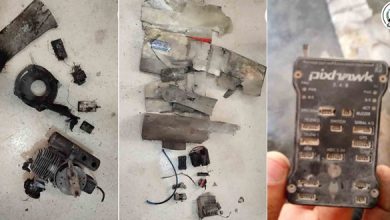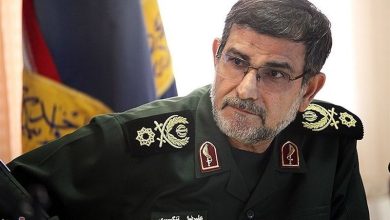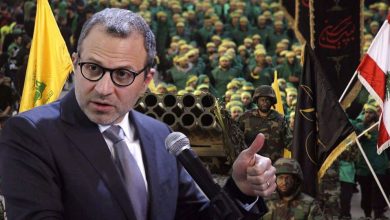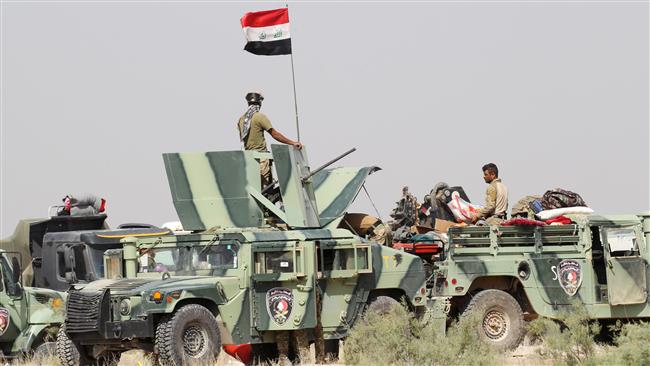Hossein Amir-Abdollahian; West Asia’s skilled negotiator
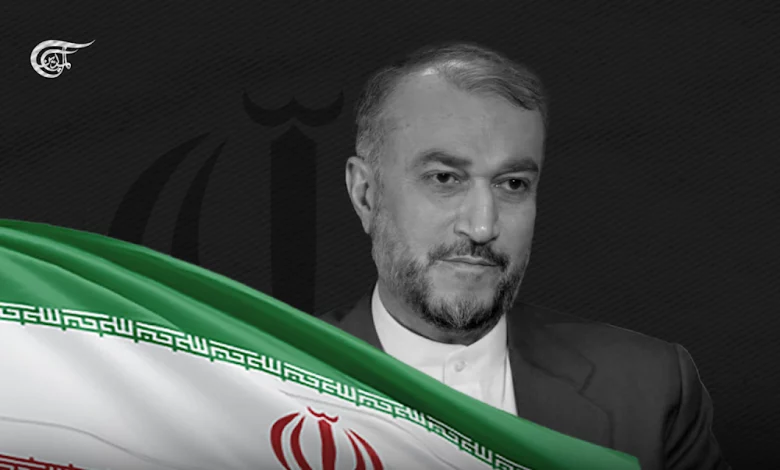
Iranian President Ebrahim Raisi alongside Iranian Foreign Minister Hossein Amir-Abdollahian and accompanying officials have passed away in the tragic helicopter crash in Iran’s East Azerbaijan Province, according to an official statement by Iranian state media.
Amir-Abdollahian’s early life
Born in 1960 in Damghan, some 320 kilometers north of Tehran, Iran’s Foreign Minister Hossein Amir-Abdollahian moved with his family to the capital at the age of six, after his father passed away.
In 1991, Amir-Abdollahian earned a bachelor’s degree in international relations from the School of International Relations in Tehran. He pursued his academic journey by obtaining a master’s degree in international relations from the University of Tehran. Later, he completed a PhD in international relations.
His diplomatic career took off in the early 1990s, with assignments encompassing diverse roles within Iran’s Ministry of Foreign Affairs. He swiftly earned recognition for his profound comprehension of regional politics.
Having volunteered in the Iran-Iraq War from 1980 to 1988, he shared that this experience influenced his decision to join the Iranian Foreign Ministry’s Iraq desk in 1990 and 1991.
During his tenure as Deputy Foreign Minister for Arab and African Affairs from 2011-2016, Amir-Abdollahian was instrumental in managing Iran’s relations with Arab and African countries. He played a crucial role in shaping Iran’s policy toward the war against terrorism in Syria, maintaining strong ties with Damascus.
After serving as Deputy Foreign Minister, Amir-Abdollahian was appointed as a special aide to the speaker of the Iranian Parliament on international affairs. In this role, he continued to influence Iran’s foreign policy, particularly in fostering parliamentary diplomacy and strengthening legislative ties with other countries.
‘Another Qassem Soleimani’
“Amir-Abdollahian is another Qassem Soleimani in the field of diplomacy,” one Iranian lawmaker had described him after he was nominated by President Ebrahim Raisi for the position of foreign minister.
Appointed by Raisi, Amir-Abdollahian took office as Foreign Minister in August 2021. His appointment was seen as a strategic move to enhance Iran’s diplomatic efforts amidst ongoing negotiations over the nuclear deal and regional tensions. His first official bilateral visit was to Syria, where he met with Syrian President Bashar al-Assad to reaffirm Iran’s support for the country.
As foreign minister, Amir-Abdollahian has emphasized a balanced approach, advocating for strong regional alliances while also pursuing constructive dialogue with Western powers. He has been a key figure in the negotiations to revive the Joint Comprehensive Plan of Action (JCPOA), known as the Iranian nuclear deal.
He has prioritized enhancing relations with neighboring nations and bolstering Iran’s presence in regional organizations. His diplomatic endeavors have involved prominent visits to diverse countries, participation in multilateral talks, and efforts to de-escalate regional conflicts.
Amir-Abdollahian is known for his pragmatic and strategic approach to diplomacy. He is often described as a skilled negotiator with a deep understanding of the geopolitical dynamics of the Middle East. His vision for Iran’s foreign policy prioritized relationships with neighboring countries and regional powers to ensure stability and mutual cooperation.
While maintaining robust alliances with Eastern partners such as Russia and China, he has also advocated for constructive engagement with European nations and the wider international community.
Additionally, he promoted multilateral diplomacy to address global challenges and enhance Iran’s role on the international stage.
Since the start of the Israeli genocidal war on the Palestinian people in the Gaza Strip on October 7, 2023, Amir-Abdollahian spared no effort in urging international sides to act, condemn “Israel” and demand an immediate ceasefire that would end the Israeli aggression.
The top Iranian diplomat has also reaffirmed in an exclusive interview for Al Mayadeen his country’s unwavering support for factions of the Axis of Resistance that act independently and have the final say regarding their acts.
